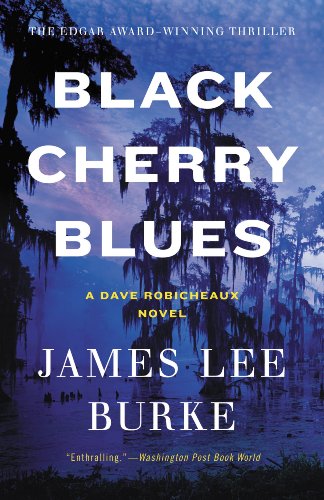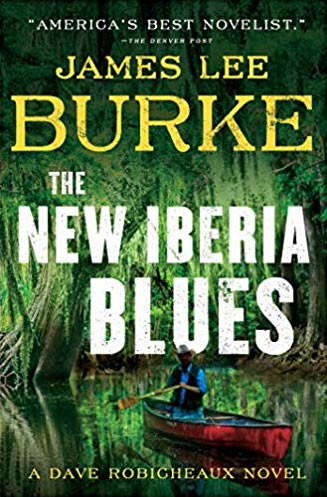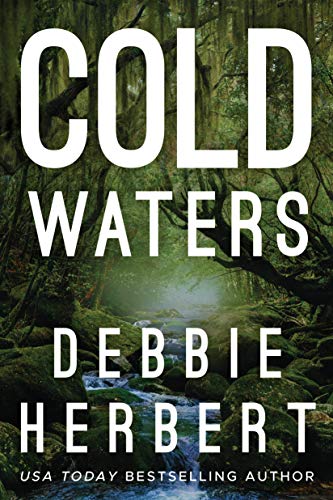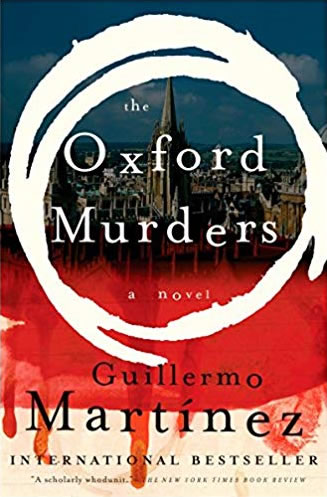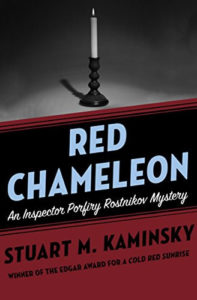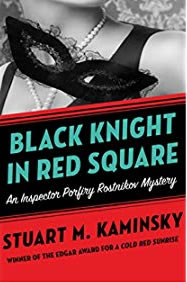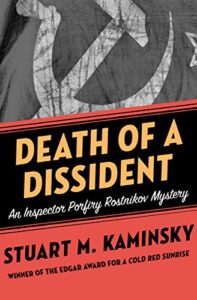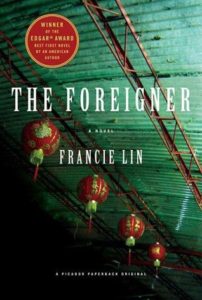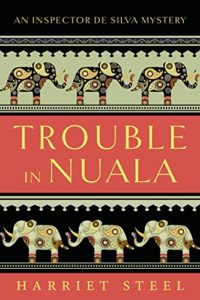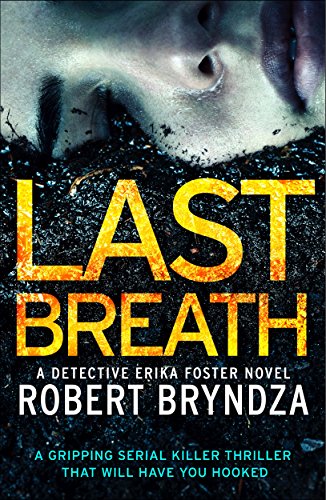
![]() Last Breath – Robert Bryndza I’ve read the kindle edition of this thrilling British police procedural. This is the forth in the DCI Erika Foster series.
Last Breath – Robert Bryndza I’ve read the kindle edition of this thrilling British police procedural. This is the forth in the DCI Erika Foster series.
As this story begins, a body has been uncovered in a trash bin in London. DI Peterson is called to the scene. Erika tags along on this snowy evening despite the fact that she is no longer part of the Murder Investigation Team. Peterson reports to DCI Marion Hudson, who though not on the scene, is still in charge of this investigation. Erika in her fashion ‘crashes’ in on the scene. Her current duties have her compiling administrative reports in Bromley. But being at the murder scene, and seeing it run poorly, gets Erika’s inner detective sparked, that, and Superintendent Sparks chasing her off probably had as much to do with her motivations. But a behind the scenes police investigation and an unforeseen circumstance align in such a way as to promote DCI Hudson to Acting Superintendent and DCI Forster can work the investigation.
While investigating this killing, Erik, through her connection with the pathologist Isaac, finds out that sloppy police work caused a killing with the same signature markings from going unnoticed, these are slow killings where the murderer seems to torture his victim a few days before killing them. So, now there are two brutal homicides. The killer has both luck and skill in hiding his identity as well as his crime and a third killing takes place. But as clues turn up and connections are made, Erika and her team get closer to the truth… As news that a third victim has been taken. With an increasing sense of urgency and a ticking clock until this next victim is killed the pace of this story really starts to race. And luck won’t be on the killer’s side for long…
This story certainty has Erika at her most introspective. As a reader of this series we’re starting to see much more growth in Erika, especially in her interactions with her various superiors up the chain of command. She still shows her indignation at police ‘perception’ motivations. When called in by the Assistant Commissioner she stands her ground while not getting much support from Acting Superintendent Hudson. But through her outside interactions with former Assistant Commissioner Marsh and her nemesis Superintendent Sparks, she begins to see things from their perspective. Which is one of those areas we see Erika becoming more forgiving of those around her.
And towards the end of this story, through her interactions with Isaac, Peterson and Hudson, Erika is really starting to take stock of her life. The choices she herself has made, as well as the circumstances that life has dealt to her. It seems that a certain amount of healing is taken place within her, and I look forward to seeing her in the next thrilling case!
She went on: ‘Getting over the loss, that bit people can sympathize with and understand, but moving on, trying to fill the gap the loss has left, is impossible… You know I’ve been seeing Peterson – James – since before Christmas.’
Isaac nodded. ‘You like him, don’t you?’
Erica nodded and got p, grabbing the box of tissues from the desk opposite.
‘He just wants to be with me, and I keep pushing him away. He’s such a good guy… Like Mark, he was the one everyone loved. I just don’t know why Mark had to die and I’m still here. He was a great guy. I’m just a bitch.’
Isaac laughed.
‘I am, it’s not funny.’
‘You’re not a bitch, but you have to act like one sometimes. It helps you get the job done.’
Erika laughed. ‘No, thank you, but I just want to be alone.’
‘No, you don’t… Every day I have to do post-mortems on people, and so many of them had their hole lives ahead of them. They probably died wishing they could have done things differently, wishing they has been nicer, loved more, not stressed so much. Go and see James. You could be dead tomorrow and lying on that slab in there.’
‘Brutal, but true,’ said Erika. ‘You should give advice more.’
‘I do, but most of the people I see at work can’t do anything with it. They’re dead.’

